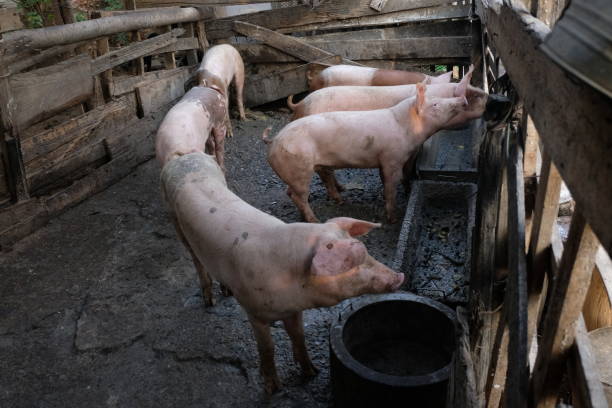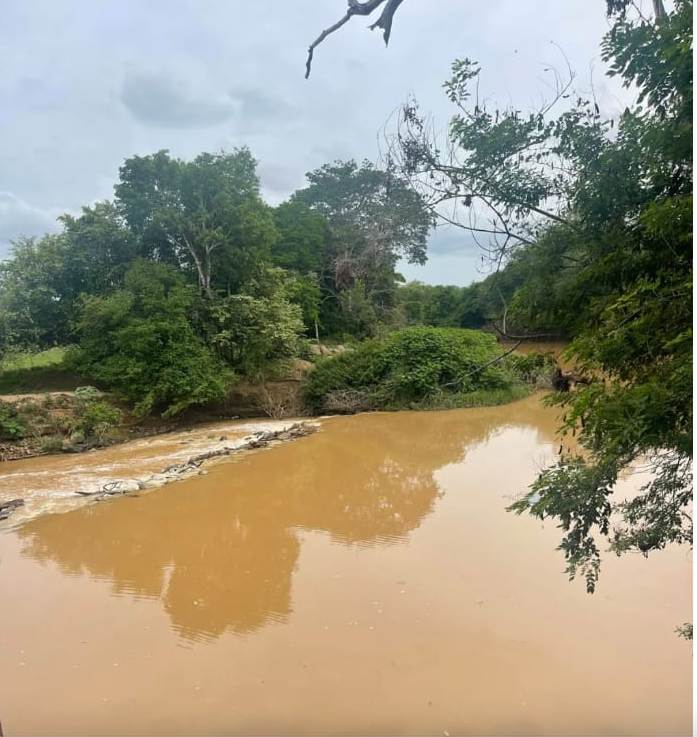Panama’s Pollution Problem: La Villa River has no Drinking Water Pigpens are Closed and no School Classes
Pollution of the La Villa River forced the Idaan (National Water Commission) to suspend operations at four water treatment plants in Azuero, leaving thousands of residents without water.

The water crisis affecting the Azuero region continues to worsen. Pollution of the La Villa River, the main source of drinking water for the area, forced the National Institute of Aqueducts and Sewers (IDAAN) to suspend operations at four water treatment plants this weekend due to high levels of turbidity and organic matter in the river water. Pig pens were closed after filling the rivers with pollution.

However, the crisis is not limited to the inability of water treatment plants to operate. The region faces a serious problem of water pollution, caused by pig shed waste, the indiscriminate use of pesticides and agrochemicals, among other contaminants, which requires urgent attention from the authorities. The crisis, linked to agricultural waste and chemical use, has led to farm closures, class suspensions, and a criminal investigation for environmental crimes. Municipality trucks hauling drinking water for residents, pictured below.

‘Criminal’ Pollution in the La Villa River: 23 Farms Under Investigation
Between May 27 and June 6, the Ministry of Environment deployed a technical operation in the La Villa River basin, inspecting 20 kilometers of this tributary and another 19 kilometers of the Estibaná River. The team identified 23 critical pollution points, 11 of which are already under administrative proceedings. “As you know, and according to the report presented to me by the Ministry of the Environment and MIDA [Ministry of Agricultural Development], severe measures and fines are being imposed on those responsible for the pollution of the La Villa and Estibaná rivers,” the president declared. Following these findings, President José Raúl Mulino described the contamination detected as “criminal” and announced drastic measures against those responsible, including the temporary closure of pig farms that dump untreated waste into water sources.





